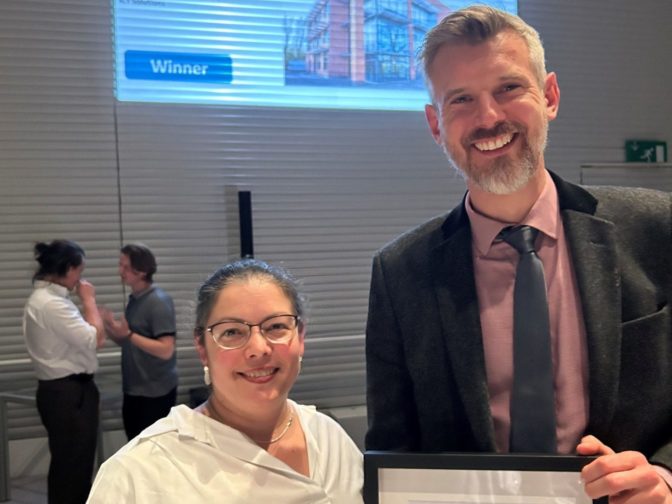

Richard Gawthorpe
Group Business Development Director
Richard Gawthorpe, Group Director of Norse Group, argues that local governance is at a pivotal moment, with the sale of capital assets becoming a key issue in discussions on financial sustainability. Labour’s new 5-year plan introduces additional challenges and opportunities for local authorities, necessitating innovative solutions for effective service delivery.
Labour’s strategy focuses on significant investment in public services and housing, placing increased responsibility on councils. Their plan to build 1.5 million homes and reduce inequality through regional development puts pressure on councils to implement sustainable financial strategies and operational models to meet these ambitious goals.
Local councils across England are grappling with a range of challenges in delivering statutory and non-statutory services. A lack of specialist expertise and operational capacity hampers their ability to manage complex projects. While Labour’s push for regional devolution offers some relief, in the future, immediate capacity-building efforts are crucial.
Another pressing issue is attracting and retaining a skilled, diverse workforce. Labour’s 5-year plan includes measures to make the public sector more appealing, but councils will need to introduce innovative recruitment and retention strategies or find alternative solutions to delivery, such as insourcing models. Councils must also balance long-term strategic planning with the daily demands of service delivery, particularly as they work to meet Labour’s goals for housing and infrastructure.
Effective risk management and governance are critical to maintaining public trust. Labour’s focus on decentralisation and empowering local authorities places even greater emphasis on transparency in service delivery. Financial sustainability remains a major concern. A Grant Thornton report warns that nearly 40% of English councils could face insolvency within five years. Despite Labour’s review of fiscal devolution and its aim to alleviate public sector shortfalls, councils are still dealing with severe financial pressures. Birmingham City’s recent council tax increase illustrates the challenges many councils are facing.
The dynamic nature of service demands means councils need to remain adaptable. Labour’s emphasis on community-led decision-making reinforces the importance of flexibility in addressing local priorities. Innovation and continuous improvement in service delivery are essential to achieving long-term sustainability, a key part of Labour’s digital transformation agenda.
Local authorities must also tailor services to meet the specific needs of their communities. Labour’s focus on local empowerment is expected to intensify demand for collaboration between councils, third-sector organisations, and residents. Councils will have to take the lead in designing and delivering services that reflect local priorities while managing financial and operational constraints.
Labour’s renewed focus on public investment brings with it expectations that councils will find innovative financial strategies, including managing capital assets. The ongoing debate on selling assets to balance budgets has become increasingly relevant. While asset sales can provide short-term financial relief, they raise concerns about the long-term sustainability of public services and the potential depletion of valuable community assets.
Labour’s fiscal strategy promotes sustainable financial management, advocating for new funding models such as public-private partnerships (PPPs) and fiscal devolution. These approaches encourage councils to safeguard their assets while seeking innovative ways to address budget gaps and funding needs.
In this challenging landscape, Norse Group’s partnership model emerges as a leader in collaborative solutions. By building strategic alliances, Norse Group helps councils address the complexities of public service delivery while ensuring financial sustainability. The Norse model emphasises long-term community welfare and resource optimisation, helping local governments meet the demands placed upon them under Labour’s governance framework.
Norse Group advocates for a balanced approach to asset management that prioritises financial health without compromising the long-term value of public assets. This model aligns with Labour’s vision of public service reform and community-led development, enabling local authorities to achieve sustainable and resilient growth.
The combination of fiscal pressures, operational challenges, and political shifts under Labour’s 5-year plan highlights the need for forward-thinking strategies in local governance. As councils work to address housing, infrastructure, and regional empowerment goals, they must adopt innovative service delivery models, prioritise sustainable asset management, and foster collaboration across sectors.
Norse Group’s approach—focused on alternative delivery models, collaboration, and sustainable financial strategies—offers a clear roadmap for local authorities to navigate these challenges. By embracing these strategies, councils can ensure financial resilience, operational adaptability, and a commitment to serving the evolving needs of their communities in the years ahead.


